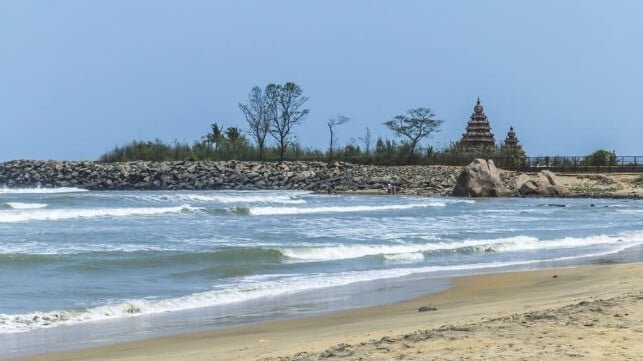India’s Offshore Wind Energy Plans Suffer Setback as SECI Cancels Auctions
The Solar Energy Corporation of India, a government entity tasked with developing the country’s offshore wind energy sector, recently made headlines by canceling its first two auctions after a year of trying to generate interest. This move is viewed as a significant blow to India’s energy policy and Prime Minister Narendra Modi’s ambitions to boost industrial growth.
The auctions, launched in 2024, were heralded as India’s foray into the offshore wind sector. However, analysts suggest that they were more of an experimental phase to determine the right path forward, but unfortunately failed to garner the necessary support to kickstart the industry. Despite extending the timeline for the tenders and revising support plans, the lack of developer interest persisted.
Reports indicate that developers showed minimal enthusiasm for the projects, with one source describing the response as “underwhelming.” India had introduced the Viability Gap Funding (VGF) program in June 2024 to incentivize the development of the initial 1 GW of offshore wind capacity, but experts cautioned that it might not have been sufficient.
SECI had identified the Tamil Nadu region as a key focal point for offshore wind development, envisioning it as a potential manufacturing hub and integral to Modi’s industrial growth strategy. The proposed plan included four 1 GW areas in Tamil Nadu, situated on the southeast coast along the Bay of Bengal.
Additionally, a 500 MW project was slated for Gujarat, designed as a build-to-operate initiative with a 25-year power purchase agreement on the northwest coast along the Arabian Sea. However, developers voiced concerns about the lack of adequate support to mitigate the increased costs and risks associated with offshore wind projects, exacerbated by supply chain disruptions and financial challenges post-pandemic.
Recent developments in the global offshore wind sector, such as financing difficulties faced by companies like Ørsted in the US and scaling back of plans in the Netherlands and Germany, underscore the challenges prevalent in the industry.
While India remains committed to offshore wind energy, a reassessment of its approach is imminent. Although SECI has not confirmed plans to re-tender the sites, sources suggest that a reworked strategy and relaunch of tenders are likely. The timeline for this reissuance remains uncertain, casting doubts on India’s ability to achieve its 2030 offshore wind energy targets.

